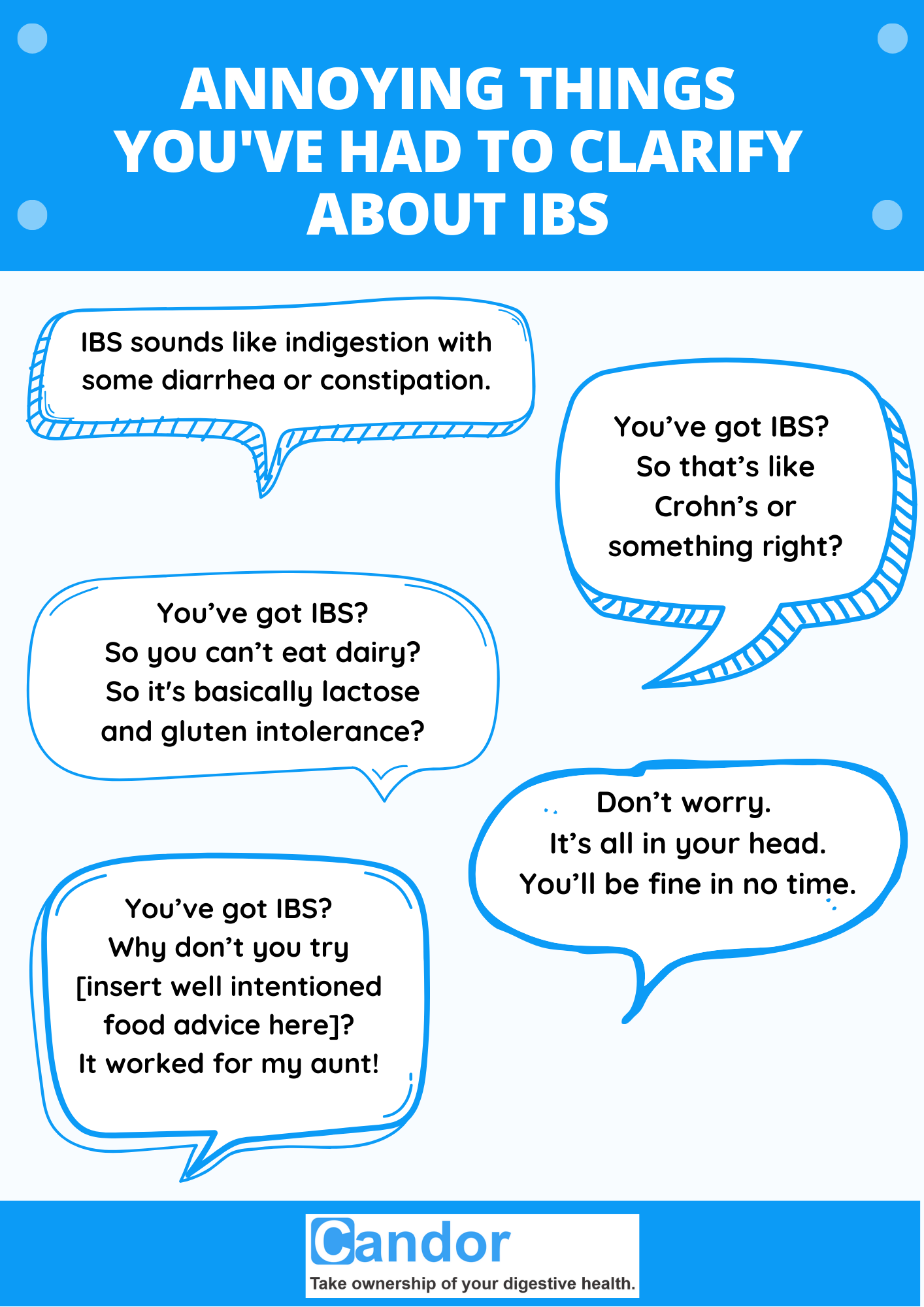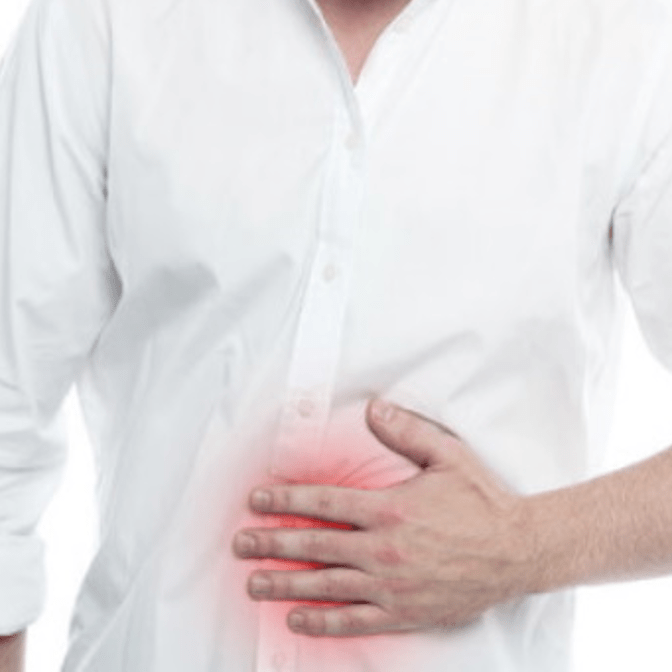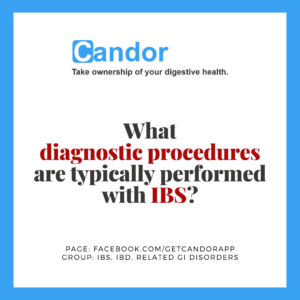
Celiac disease damages the small intestine. This digestive disorder is triggered by eating foods containing gluten. Gluten is a protein found naturally in wheat, barley, and rye, and is common in foods such…

The gut barrier is our first line of defense against harmful microbes in the GI tract. Its role in maintaining health and its contribution to immune response is an active topic of research….

Natural Herbs and Spices Today’s diets (sodas, sugar, corn syrup, etc.) and lifestyles (lack of sleep, stress, rushing through meals, etc.) can reduce the efficiency of our digestive system. It is important to…

#1. IBS sounds like indigestion with some diarrhea or constipation. Reality: IBS is a lot more than some diarrhea or constipation. It can cause distress and have a significant negative impact on a…

Small intestine bacterial overgrowth (SIBO), also termed bacterial overgrowths, or small bowel bacterial overgrowth syndrome (SBBOS), is a disorder of excessive bacterial growth in the small intestine. Unlike the colon (or large bowel),…

Ever heard the terms “prebiotics” and “probiotics” thrown around but weren’t quite sure what they meant? Both are essential for a healthy gut, but they work in very different ways. This post will…

IBS does not have a cure, and does not go away with medication or special diets. The primary preventative measure is to identify and avoid individual triggers. Some treatment options that have been…

Irritable is meant to indicate heightened sensitivity. It implies that the nerve endings in the bowel wall, which control muscle function and affect sensation of the gut, are unusually sensitive. This means that…

Different Colors of Stool While brown is considered the “normal” color s for stool, greenish-brown hues may also be seen as normal. Some other colors are: Black: Stools that are black, especially if…

Diet appears to play an important role in IBS, with up to 84 percent of sufferers reporting food‐related symptoms, especially for foods containing fermentable carbohydrates and fats. Most patients are keen to explore…

It is common for the symptoms of IBS to fluctuate over time – there are good times and bad times. IBS symptoms can vary greatly between individuals and they might vary over time….

IBS has a substantial effect on quality of life, which might be greatest in those with predominant diarrhea (IBS-D), for whom the fear of incontinence in a social situation can be especially debilitating….

The Rome Criteria is a set of guidelines that outline symptoms and apply parameters such as frequency and duration to diagnose IBS. For this reason, in 1988, a group of physicians defined criteria…

It has been classified into four main types depending on whether diarrhea is common, constipation is common, both are common, or neither occurs very often (IBS-D, IBS-C, IBS-M, or IBS-U respectively). Classifying patients…

The exact cause of IBS is unknown. IBS is a diagnosis of exclusion, which means that other diseases and infections must be ruled out before it can be diagnosed. Physicians often run several…

